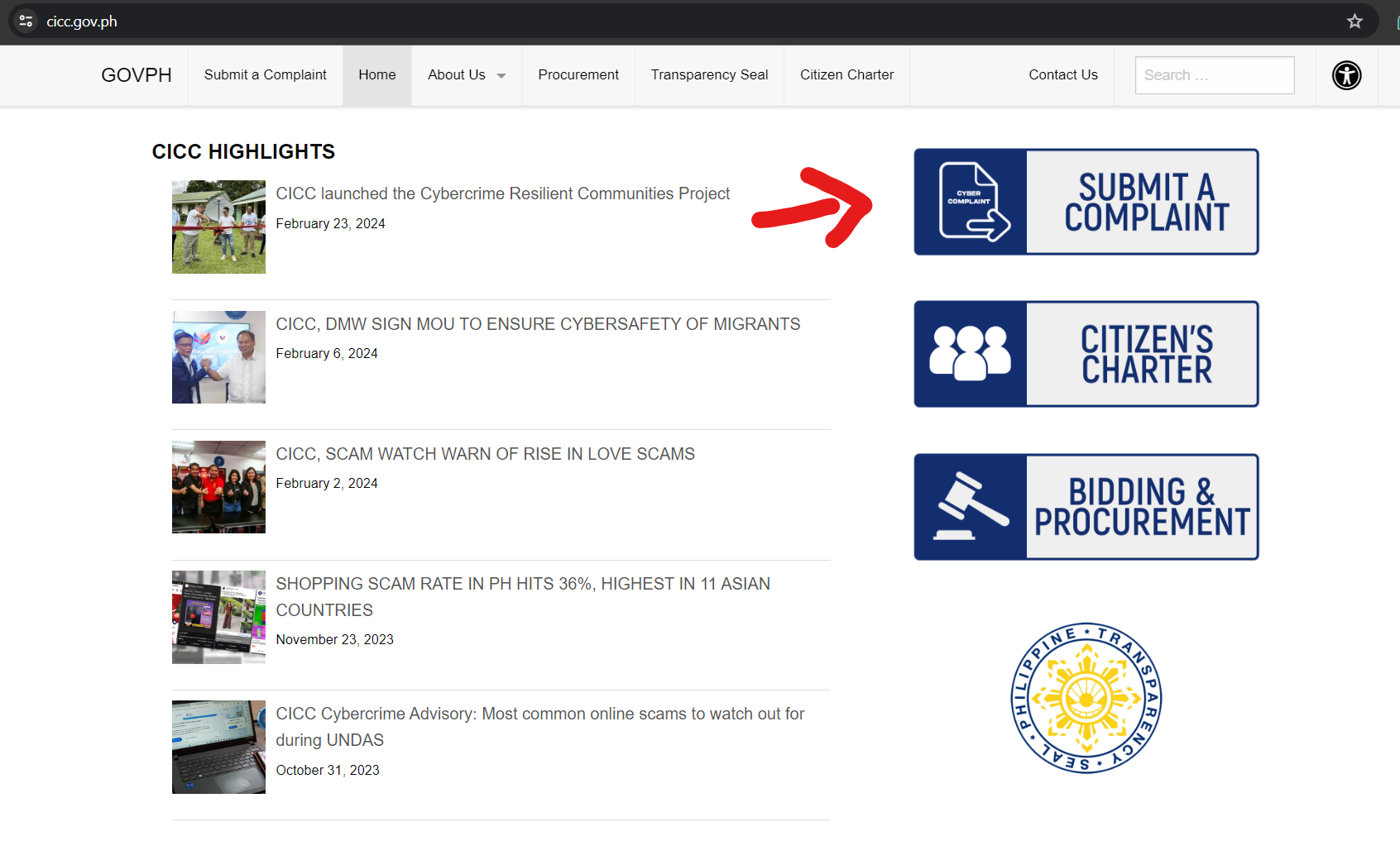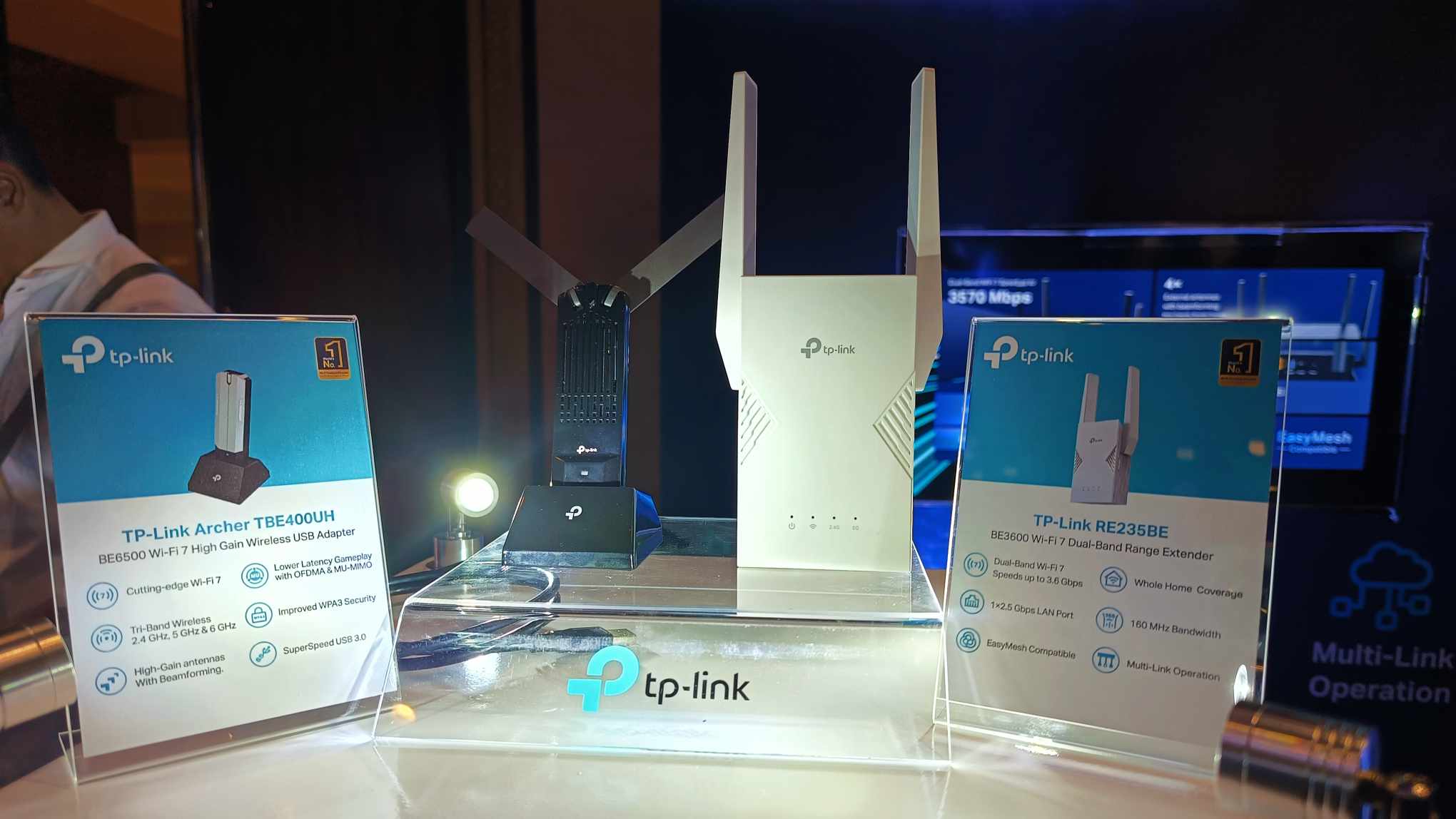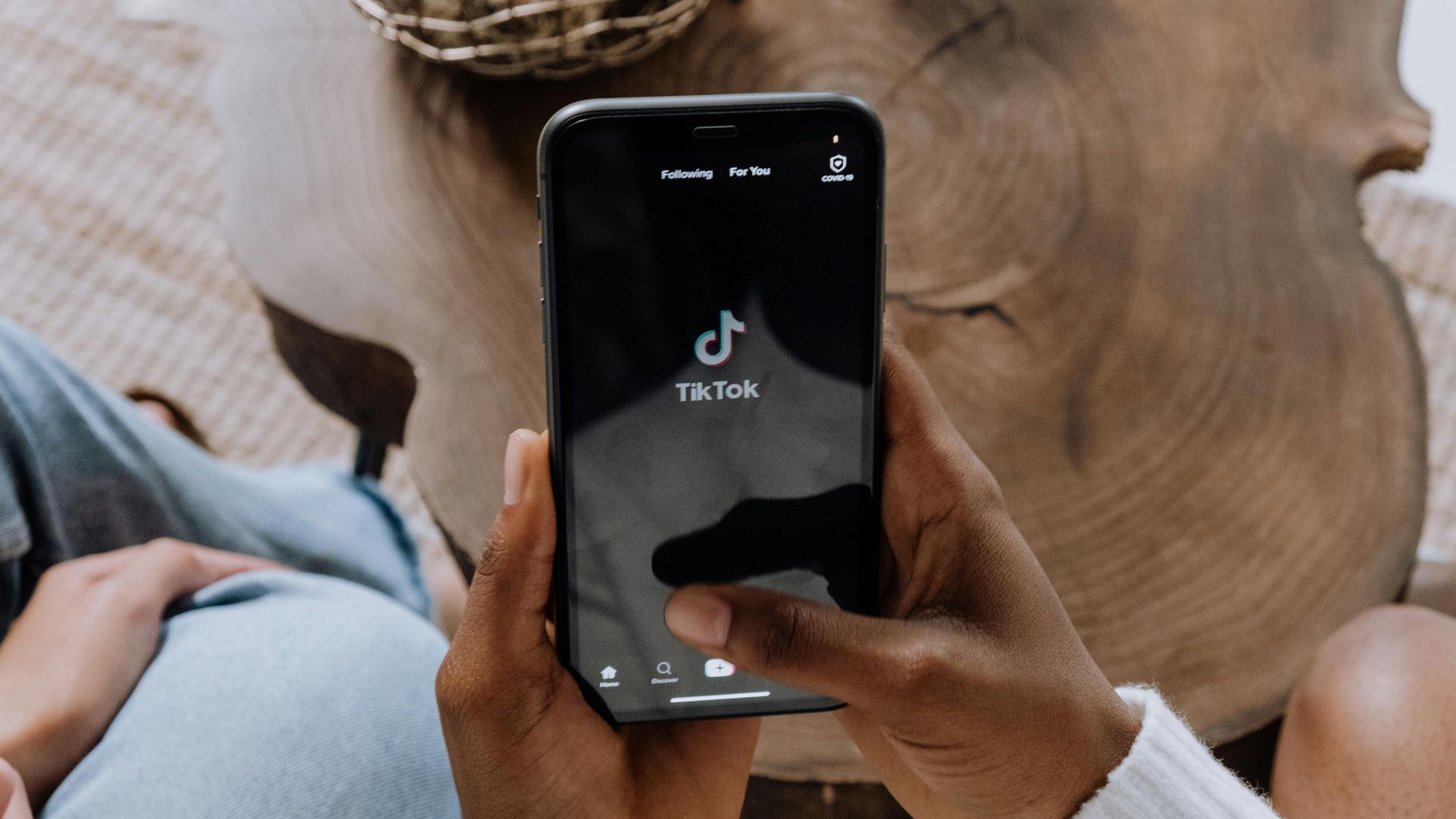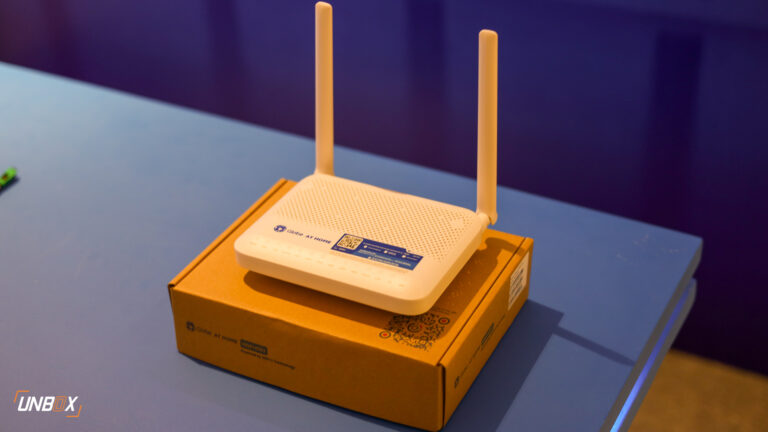Scams and tons of cybercrime proliferate cyberspace, and it seems it’s not stopping anytime soon. Keep yourself informed with this guide on how to report online scams, cybercrime, and cyber libel in the Philippines.
Online crimes are just as prevalent as those on the streets. The PNP recorded 16,300 cases in 2023 alone, with over 300 people arrested in various online crimes ranging from phishing, cybercrime, cyber-libel, and even love scams, and we bet thousands more are not reported because people only report on social media rather than the proper authorities.

You must safeguard your digital assets to prevent hacking, but what happens if you become a victim? We don’t wish it on anyone, but here’s what you should do when you get to this point.
File your affidavits and blotters
Like what our good team member Duey did when he got scammed for concert tickets online, you should have a police blotter of the incident, and a notarized affidavit of what had transpired, especially when money is involved. The affidavit and the blotter should have this basic information, along with other details:
- Victim’s Name, Mobile Number, Email address, Address of residence
- Specific details of the complaint
- Digital Evidence (image file format), printed for affidavits
- Any other relevant information that is necessary to support the complaint
Why is it important to file blotters and affidavits? If you are scammed, this is a requirement for digital banks and eWallet issuers to proceed with freezing the recipient’s account, ensuring that the money you send won’t be touched. Coincidentally, issuers like GCash have bolstered insurance for sending money with their Send Money Protect feature. This is one of the primary requirements you’ll need if you are swindled, enabling you to claim your hard-earned money back faster.
READ MORE:
- What To Do When You’ve Been Scammed Via GCash
- How to Apply for GCash Send Money Protect
- GCash Send Money Protect will NOT Unsend Money

Where to file a cybercrime, online scam, and cyber-libel complaint
Usually, we’d advise that you go to multiple government agencies, but they have made it easier to file a case since last year. Enter the Cybercrime Investigation and Coordinating Center (CICC), a government agency acting as a point of reference for all things cybercrime, including those that fall under the Republic Act 10175 or Cybercrime Prevention Act of 2012, and even heavier crimes such as Espionage, Inciting To Sedition, Sharing Fake News, and Terrorism.
Filing is now much easier online through the reporting form on their website. Be prepared to provide the following:
- Your details and contact information
- Details of what happened
- Pieces of evidence in digital format. You can also have digital copies of your blotter and affidavits submitted
- A valid government-issued ID.
You can also call via hotline 1326, or mobile numbers 0991-481-4225 (DITO), 0947-7147-105 (Smart), and 0966-976-5971 (Globe) for action.
Once done, the CICC says on their website that it will take eight (8) days for them to process complaints and send them over to other agencies such as the PNP–Anti-Cybercrime Group, the NBI–Cybercrime Division, or the DoJ–Office of Cybercrime. Complainants are notified when their complaints have been referred to the appropriate law enforcement agency.
We hope this guide helped you find your next steps on how you can report online scams, cybercrime, and cyber libel in the Philippines. Don’t waste your energy posting lengthy sob stories on social media and act swiftly to regain your inner peace.



































































